Call for Papers, Panels, and Roundtables | ISECS 2023, Rome

Giovanni Paolo Panini, Préparation du feu d’artifice et de la décoration de la fête donnée sur la place Navone à l’occasion de la naissance du Dauphin, 30 Novembre 1729, 1729 oil on canvas, 42 × 98 inches (Paris: Musée du Louvre , 415)
◊ ◊ ◊ ◊ ◊
From ISECS:
International Society for Eighteenth-Century Studies (ISECS / SIEDS)
16th International Congress for Eighteenth-Century Studies
Rome, 3–7 July 2023
Proposals due 15 September 2022 and 31 January 2023
The Congress of the International Society for Eighteenth-Century Studies (ISECS / SIEDS) is the world’s largest meeting of specialists on all aspects of the eighteenth century, and takes place every four years. Recent ISECS congresses have been held in Montpellier (2007), Graz (2011), Rotterdam (2015), and Edinburgh (2019). The 16th ISECS Congress will be held in Rome, Italy, from Monday, 3 July to Friday, 7 July 2023. It is organized by the Italian Society for Eighteenth-Century Studies (Società Italiana di Studi sul Secolo Diciottesimo – SISSD) and hosted by Sapienza Università di Roma and Università degli Studi di Roma Tor Vergata.
While proposals for papers, panels, and roundtables on any topic relevant to the long eighteenth century (1670–1830) are warmly welcomed, we particularly invite contributions that address the Congress theme: Antiquity and the Shaping of the Future in the Age of Enlightenment.
In the 18th century, a new interpretation of the past radically innovated the dominating view of and approach to tradition. The legacy of antiquity was always there as shared memory, but the critical and analytical attitude that characterised 18th-century culture also transformed its relationship with antiquity, which was renegotiated and modernised. Indeed, the 1700s witnessed a reconstruction of the foundations of knowledge, considering not only the different forms of knowledge itself, but also the individual and his/her existence in the present. This change created a major break with the past and laid the groundwork for the new patterns of thought and expression that have developed in the subsequent ages and continue to do so, up to the present day. They build for the future, but in creative dialogue with a vanished Antiquity. The challenge that the Congress is to face lies precisely in the capturing of the deep sense and meaning of this transformation, which involves all branches of knowledge and can be approached from different perspectives and with different methodologies.
The programme will include theme-related keynote lectures, panels, round tables, and paper presentations. The congress languages are English, French, and Italian. As a first step in the scientific organization of the Congress, the online Call for Panels and Round Tables is now open from 30 April 2022 until 15 September 2022.
Please submit a proposal through https://www.isecs-roma2023.net. Panel organizers are asked to supply (1) a title, (2) a brief description of the theme of the proposed panel, and (3) a list of the panelists along with a title and abstract of their contributions. Panels have a duration of one and a half hours, and should consist of 3 to 4 speakers (depending on the amount of discussion time the panel organizer wants to provide). It is also possible to submit a panel proposal without panelists or only partly filled with panelists. A list of the accepted panels will published on the congress website before October 15.
When the online Call for individual Papers is open (from 15 October 2022 until 31 January 2023), it will be possible to submit proposals either for an already accepted open panel (i.e. a panel with fewer than 4 panelists) or for new panels to be set up by the congress organizers on the basis of the paper proposals received and selected.
Roundtable organizers are asked to supply (1) a title, (2) a brief description of the theme of the proposed round table, and (3) a list of the contributors to the round table. Please note that Panel organizers will be allowed to submit a proposal for a paper to be read in another panel if they do not contribute a paper to the panel they are chair of. Roundtable organizers and contributors will be allowed to submit a proposal for a paper anyway.

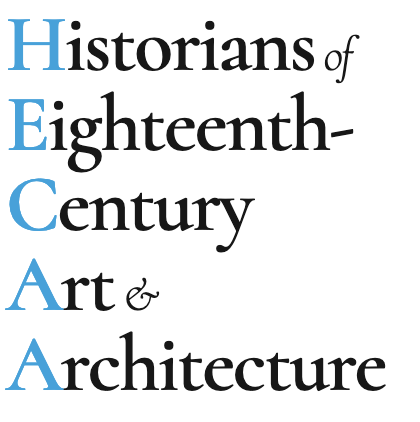

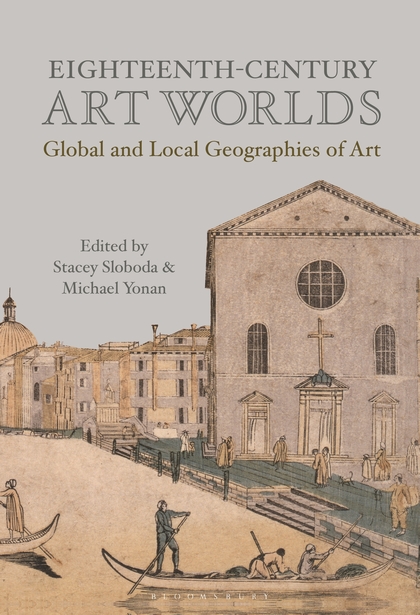

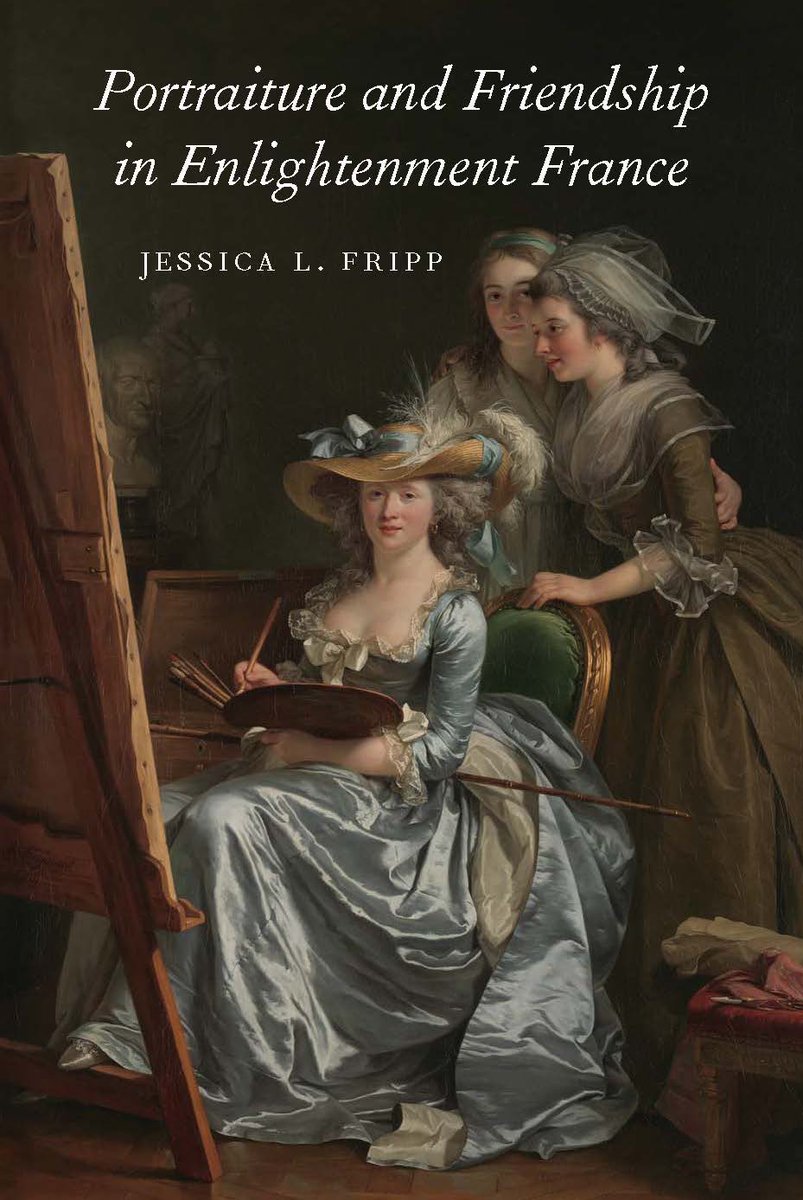















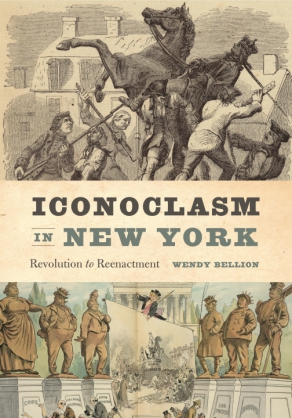



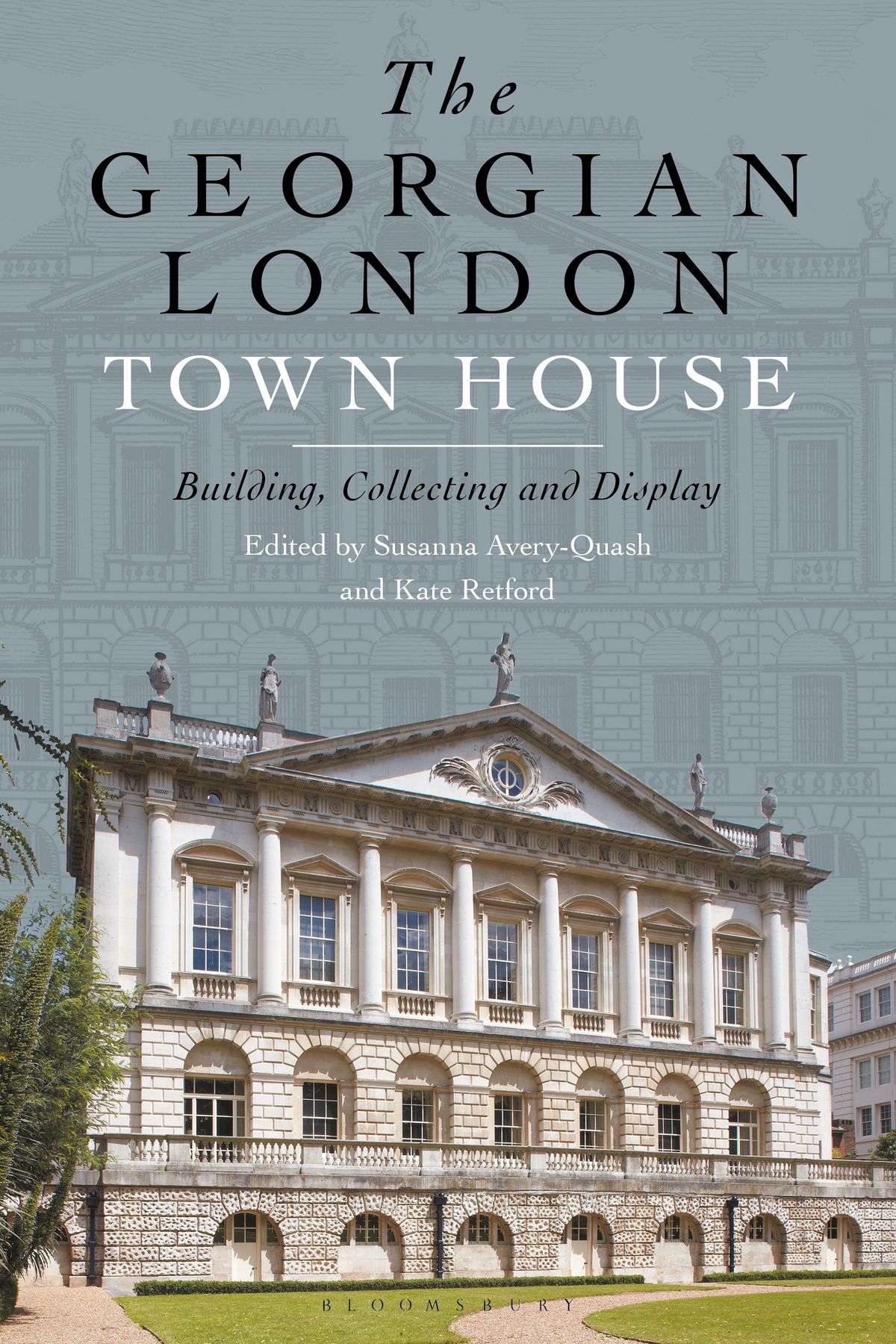


leave a comment